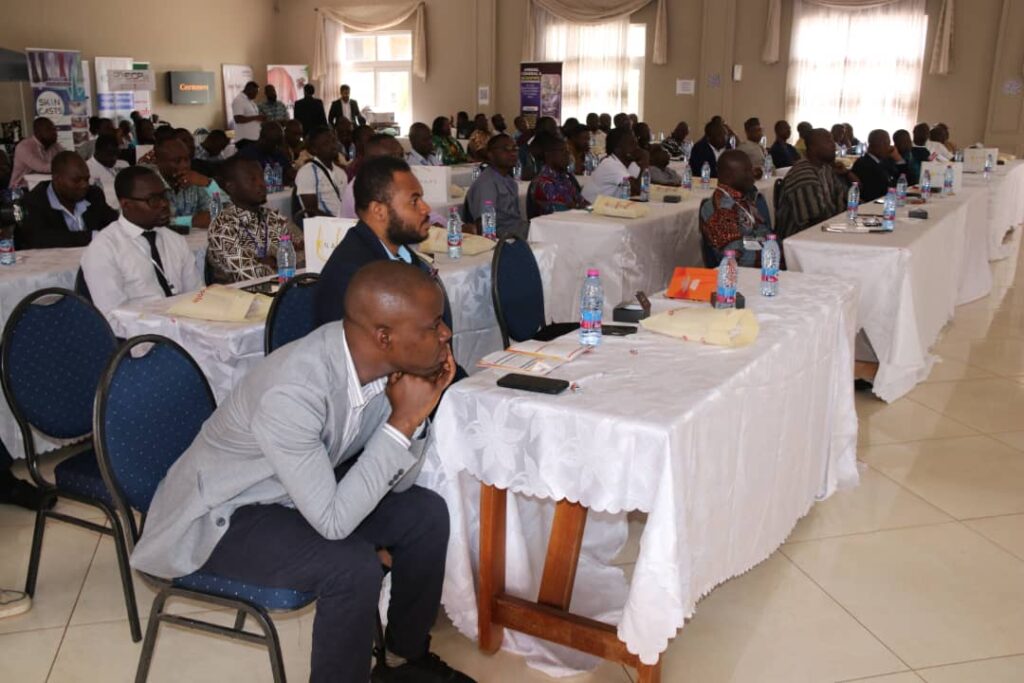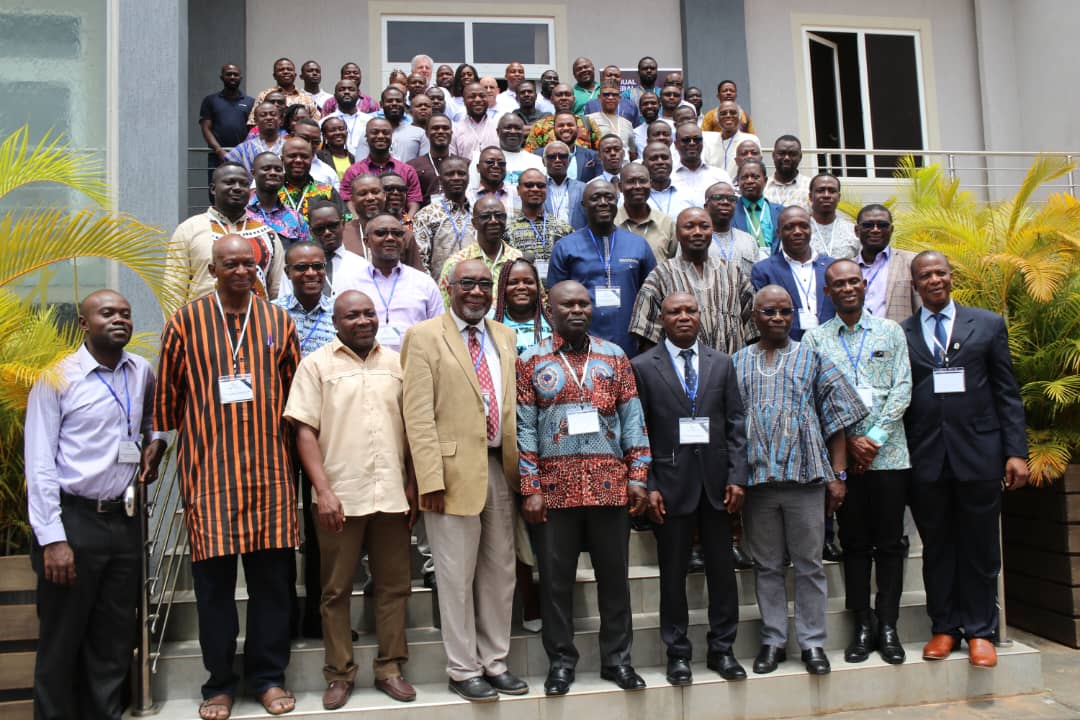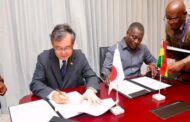The Orthopaedic Association of Ghana (OAG) has called on government for the establishment of comprehensive trauma care systems and stringent road safety measures to reduce the incidence of musculoskeletal injuries from road accidents.
This appeal was made at the end of 4th Annual General and Scientific Conference held by the Association at Kwahu from May 16-18, 2024.
A total of 4,503 road crashes have been recorded in first quarter of this year in the country , resulting in 829 deaths and 4,955 injuries.
In their communiqué, the OAG emphasized the need for comprehensive trauma care systems by ensuring timely and effective treatment for trauma patients, particularly those involved in road traffic accidents.
The Association as urged for the strict enforcement of road traffic laws, promoting helmet and seat belt use, and improving road infrastructure to protect drivers, pedestrians, and motorcyclists.
“To reduce musculoskeletal injuries from road accidents, we advocate for:Comprehensive Trauma Care Systems that ensure timely, effective treatment for trauma
patients, particularly those involved in road traffic accidents.Road Safety Measures that protect drivers, pedestrians, and motorcyclists through strict
traffic law enforcement, promoting helmet and seat belt use, and improving road infrastructure.Education and Awareness, public education campaigns on safe driving practices and road safety” excerpt of the communique said.
The Orthopaedic Association of Ghana noted the critical role of rehabilitation in improving physical function, reducing pain, and enhancing life quality for individuals with musculoskeletal disabilities.
They advocated for a multidisciplinary approach involving physical therapists, occupational therapists, orthopaedic surgeons, and pain specialists, and urged policymakers to support these disciplines with adequate training, space, and equipment.
Effective collaboration with physiotherapists, orthotists, emergency physicians, and other healthcare workers, as well as cooperation with the Ghana Road Safety Commission, Ambulance Service, Ministry of Health, and Fire Service, was deemed vital to combating musculoskeletal disabilities.
Addressing the Burden of Musculoskeletal Disability
During the conference, themed “Combatting Musculoskeletal Disability; The Role of the Orthopaedic Surgeon,” OAG members discussed the significant global burden of musculoskeletal disabilities.

According to the 2019 Global Burden of Disease (GBD) study, 1.71 billion people worldwide suffer from these conditions, which contribute to substantial economic losses due to work absenteeism and early retirement.
The association recommended several public health interventions to promote musculoskeletal health and prevent disability, this include promoting regular physical activity and public awareness campaigns on physical fitness,advocating for ergonomic work environments to reduce workplace injuries, encouraging a balanced diet rich in calcium and vitamin D to support bone health, implementing early screening to identify and manage conditions early, preventing progression to severe disability.
Also the Association wants equitable access to comprehensive rehabilitation services after injury for complete recovery and prevention of long-term disability.
Orthopaedic surgeons play a pivotal role in combating musculoskeletal disabilities through clinical expertise, surgery, patient education, and collaboration.
They are also involved in advocacy at both the facility and national levels to influence policy, continuous training for skill improvement, and the transfer of knowledge to younger colleagues.
The Orthopaedic Association of Ghana calls on all stakeholders to join forces in addressing the critical issues surrounding musculoskeletal disabilities and road safety.
Source: Mybrytfmonline.com/Obed Ansah




















































